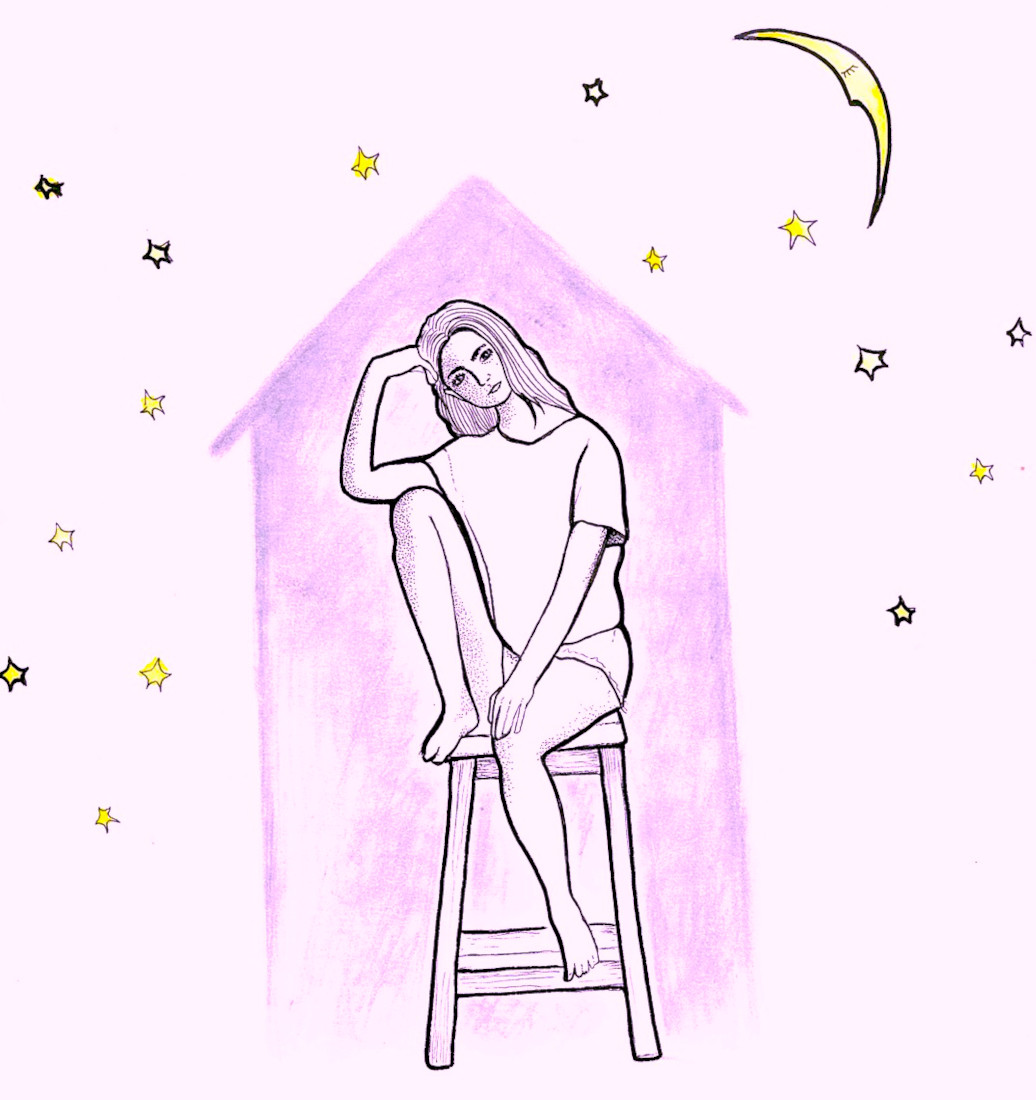I struck out on my own
Personal wins and cultural shifts that come with living alone
When I first moved out of my old place with roommates and into an apartment all by myself, my parents back in India were worried.
They asked me: “What will you eat? You can’t even cook properly! The place you are renting, is it in a safe neighbourhood? How much is the rent? Will you be able to manage your expenses? How will you survive alone?”
In India, about 80 per cent of young urbanites between the ages of 22 and 29 live with their parents. In Canada, though numbers have increased during the COVID-19 pandemic, similar data shows substantially lower rates. According to Statistics Canada’s 2021 census, about 35.1 per cent of Canadians between the ages of 20 and 34 live with at least one parent.
When I first came to Canada six years ago, I experienced culture shock for countless reasons – and the large proportion of young adults living alone was one of them. Here, people seemed to appreciate freedom and individuality more than anything else.
To my Indian family, a single person living alone is an alien idea. Back home, adults live with their parents until they get married, and many even stay after marriage with their spouse and kids.
Dipti Vaid Dedhia, discussing the differences between Indian and American cultures, writes in the HuffPost that “Most (Indian) children will stay with their parents up until marriage and some even after marriage ... Children are meant to stay with their parents to be taken care of, and as the parents grow older, the children are expected to take care of their parents in their home.”
Indian communities appreciate living with and staying close to loved ones, including parents, grandparents and relatives such as aunts and uncles, cousins and, of course, children. We crave familiarity, because it provides us with a sense of safety.
As people migrate to cities, and proportions of single-occupant households grow worldwide, it’s likely that people who were previously uncomfortable with living alone will start to warm up to the idea. Still, I’m sure cultures will respond to this change differently.
For my sweet Indian parents, the prospect of me living alone is still scary. At first, it was scary for me, too. But having lived in Canada for several years, it felt natural for me to look for a place of my own after graduating college. And as time passed, I started to find it comforting.
Back home, I’d barely get any personal space with the whole family constantly around. Living alone makes self-expression easier, and I don’t need to ask for permission for things or worry about upsetting a family member. I get to spend time with like-minded people and make my own life choices.
Still, I often miss the warmth of family and community, especially when all my friends in India post festive photos with their families around the holidays. I miss family gatherings on Eid and Diwali, comforting events that I associate with memories of my family, of times I celebrated with them and cherished their presence. Living alone, these festivals are not as joyful as they used to be. I’ll admit, it’s been a transition, which brings along a certain loss. I’m still getting used to it.
Muskan Vhora is a current University of Winnipeg English student majoring in creative writing. Her day runs on coffee and A.R. Rehman’s music.
Published in Volume 77, Number 18 of The Uniter (February 9, 2023)








